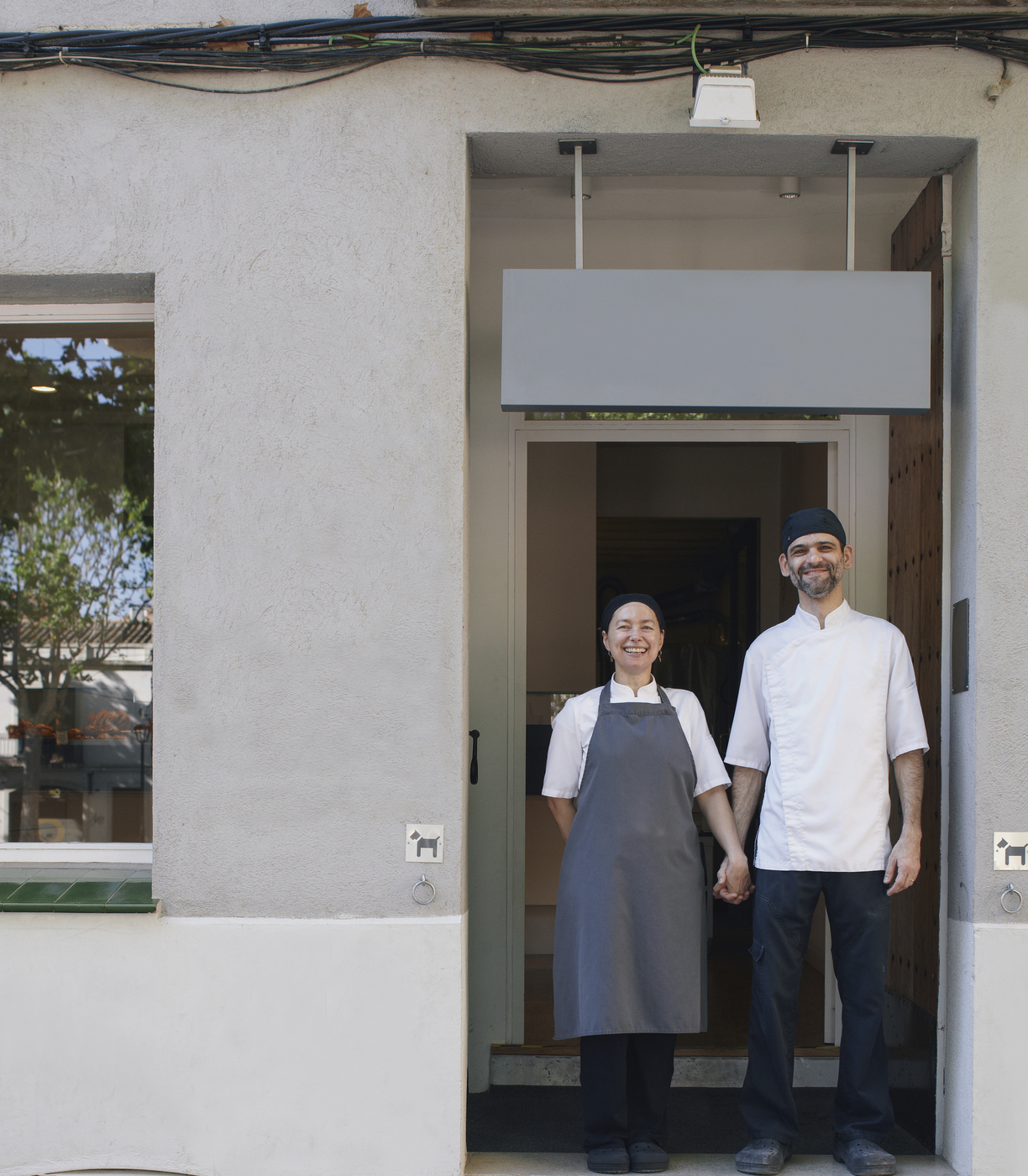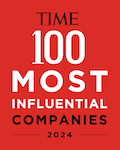Ben & Jerry’s, Generali and Oath among six new companies to join Tent Foundation’s coalition to help refugees

Ben & Jerry’s, Generali and Oath Among Six New Companies to Join Tent Foundation’s Coalition to Help Refugees
Tent and the Center for Global Development release groundbreaking new report highlighting ways global businesses can leverage core business practices to have a lasting impact
New York, NY, September 21, 2017 – Today, the Tent Foundation announced the names of six new companies that joined its private sector coalition to provide much-needed assistance and create new empowerment opportunities for refugees around the globe. Their leadership and new commitments demonstrate the continued momentum for private sector action in addressing the crisis.
These companies and others will convene in New York today to discuss a new report, developed in partnership with the Center for Global Development (CGD), that identifies how global businesses can make a more significant and lasting impact by utilizing their core business functions in response to the refugee crisis. The live event will feature speakers and panelists including Hamdi Ulukaya, Founder of Tent and Founder and CEO of Chobani; Paul Polman, CEO of Unilever; Joe Gebbia, Founder and CPO of Airbnb; Per Heggenes, CEO of the IKEA Foundation; Masood Ahmed, President of CGD; and Manuela Ferro, Vice President of Operations Policy and Country Services at the World Bank.
The new Tent partners announced today include Ben & Jerry’s, Generali, Oath, Masimo, HOMY and Taqanu. Details about their individual commitments, which include training and employing refugees, are available here. These companies join nearly 75 others in the Tent partnership, including Airbnb, LinkedIn, MasterCard, IKEA, Starbucks and Unilever.
“We welcome these important new commitments to refugees. The role of the private sector in addressing this crisis has never been more important,” said Executive Director Gideon Maltz, Tent Foundation.
New Report Identifies Areas for Global Business to Significantly Impact Refugees
The Tent Foundation and the Center for Global Development (CGD) also released a new report that provides clear guidance for how multinational companies can address the refugee crisis in higher-impact and longer-lasting ways. The report, titled “Global Business and Refugee Crises: A Framework for Sustainable Engagement,” is based on the premise that the private sector can combine profitability and social impact goals by leveraging their core business operations.
“It’s good when companies make donations to help vulnerable populations. It’s even better when they leverage their core competencies as businesses to hire, purchase from, invest in, and deliver services to refugees,” said Gideon Maltz, Executive Director of the Tent Foundation. “It’s only when businesses start to do this, at scale, that we will make significant inroads in ensuring that refugees around the world have dignity and opportunity.”
“The refugee crisis creates new challenges for stability and prosperity around the world. But these challenges are not insurmountable. Government aid and private donations are just one piece of the puzzle – CEOs of global companies can also play a critical role by engaging refugees as employees, suppliers, and customers, and by investing in businesses that support or are owned by refugees,” said Masood Ahmed, president of the Center for Global Development. “If CEOs leverage their core business to support refugees, they can sustainably promote economic opportunities for refugees, grow their own business, and be on the right side of history. If CEOs take these steps, they can help transform refugee communities from economic challenges to economic engines.”
Specifically, the report highlights three areas:
- Including refugees in hiring and supply chains. Global companies can advance their businesses and improve refugees’ capacity for self-reliance by creating targets or incentives around hiring refugees as employees, sourcing from refugee-owned businesses, and sourcing from businesses that employ significant numbers of refugees.
- Impact investing for refugee livelihoods. Global investment firms can improve refugee livelihoods and achieve financial returns by investing in companies that hire and source from refugees, refugee-owned small and medium-sized enterprises, social enterprises, and development impact bonds.
- Developing goods and services to meet refugee needs. In targeted areas such as financial services, global businesses can potentially reach refugees as customers by adapting their goods, services, and delivery systems.
More details on the report can be found here. An extended version of the report will be available in November. The full list of Tent Foundation partners can be found online.
ENDS
ABOUT TENT
The Tent Foundation is mobilizing the private sector to improve the lives and livelihoods of the more than 20 million men, women, and children forcibly displaced from their home countries.
ABOUT CGD
CGD works to reduce global poverty and inequality through rigorous research and active engagement with the policy community to make the world a more prosperous, just, and safe place for all people. As an independent, nonpartisan, and nonprofit think tank, focused on improving the policies and practices of the rich and powerful, the Center combines world-class scholarly research with policy analysis and innovative outreach and communications to turn ideas into action.
###
Contact:
Matthew Di Taranto
(212) 819-4862
[email protected]
 Tent Named to TIME100 Most Influential Companies List
Tent Named to TIME100 Most Influential Companies List